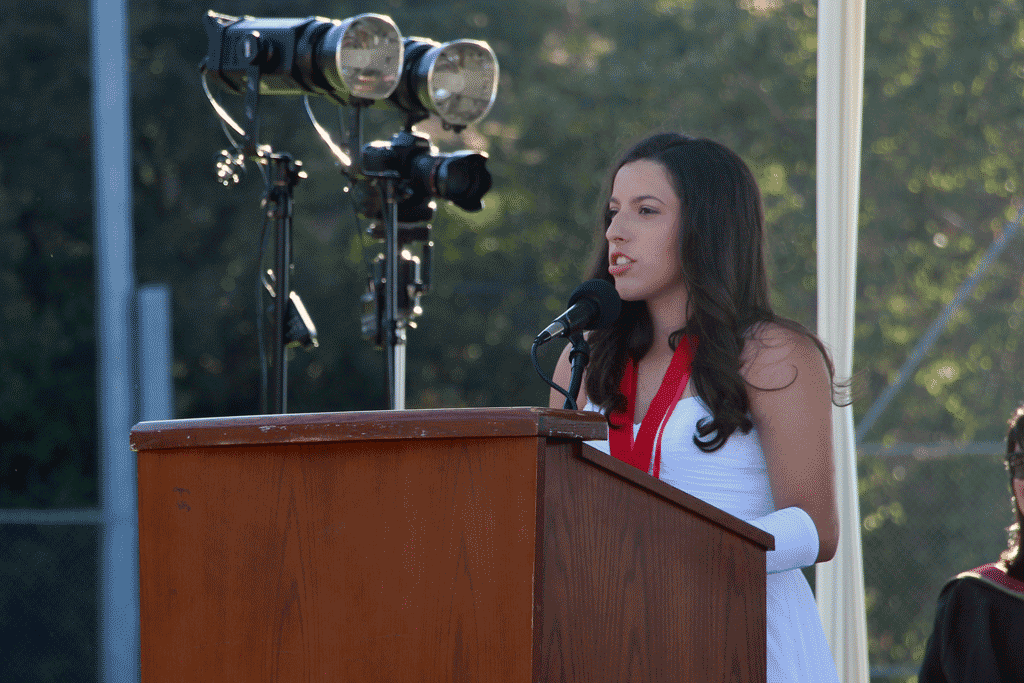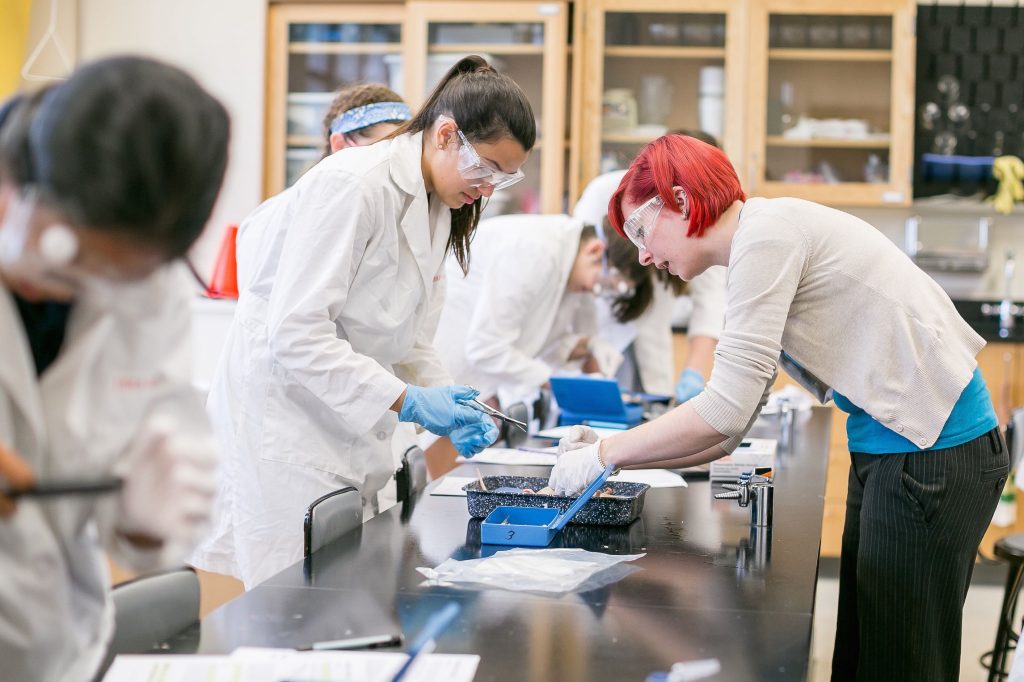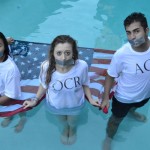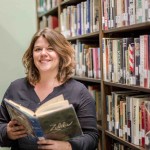During commencement season in June, I heard two speeches that stuck with me. Flintridge Sacred Heart Academy’s valedictory address by Kelly Fradet ’16 opened with—
“Now if you know me, you know I love science and I encourage all of you to think like scientists. Some of you English and history people may have just tuned me out, but please come back.”

A few days later and across town at the Caltech commencement, Atul Gawande led with—
“If this place has done its job—and I suspect it has—you’re all scientists now. Sorry, English and history graduates, even you are, too. “
On Fostering a Scientific Mindset
Both Fradet and Gawande continued by reflecting on the nature of education and thinking, what it means to view life through the lens of a scientist, and, more hopefully, how to live life with the mind of a scientist. Each in their own way suggested what would be required to develop the mindset of a scientist.
This brings me to the present. As we have started another school year, what is it that we as science teachers are doing in our classrooms to foster a scientific mindset? Are we modeling how to think, both explicitly (through curriculum and pedagogy) and implicitly (as we interact with students on campus)?
Our curriculum choices, our classroom style, our student engagement, our activities and discussions all drive toward one goal: we want our young women to be in a place where they can get a glimpse of how to think like a scientist, and begin to practice that thinking.
Notice that choice of words— how to think. As science teachers, it is easy to fall into a daily grind of teaching content, teaching what to think. And yes, biology, chemistry and physics are important. But at FSHA, it is not the most important. Our curriculum choices, our classroom style, our student engagement, our activities and discussions all drive toward one goal: we want our young women to be in a place where they can get a glimpse of how to think like scientists and begin to practice that thinking.
We work, through our individual disciplines, to develop a comfort with observation of the world, a level of ease in working with numbers to help us understand complex topics, the pure joy of curiosity, a sense of importance in engaging with society’s many significant issues, an ownership of the role of problem solver, an expertise in the art of question asking. This is what we do in our classrooms, teaching science, growing scientific mindsets. If you ever want to see “Thinking Like a Scientist” in action, feel free to stop by.
Kelly Fradet is currently a Freshman at Santa Clara University. Her commencement address can be read here.
Atul Gawande’s commencement address can be found at The New Yorker.







I love it! I haven’t yet read their commencement addresses, but I soon will, as I am embarking on my own commencement for a third career. I love the paradigm of being a scientist in my life. I wake up noticing patterns, I’ve learned over the years what works and what doesn’t. It’s so important to be curious and question our thoughts and actions and how we impact our surroundings and the people in them. Making changes or not will depend upon our results, our outcome. We can then decide if these outcomes fit into our core values or not. We all do this everyday, yet it is so dismissed. Being curious is the first step. Ask questions. The better your question, the better your results and impact on yourself, others and your environment will be.